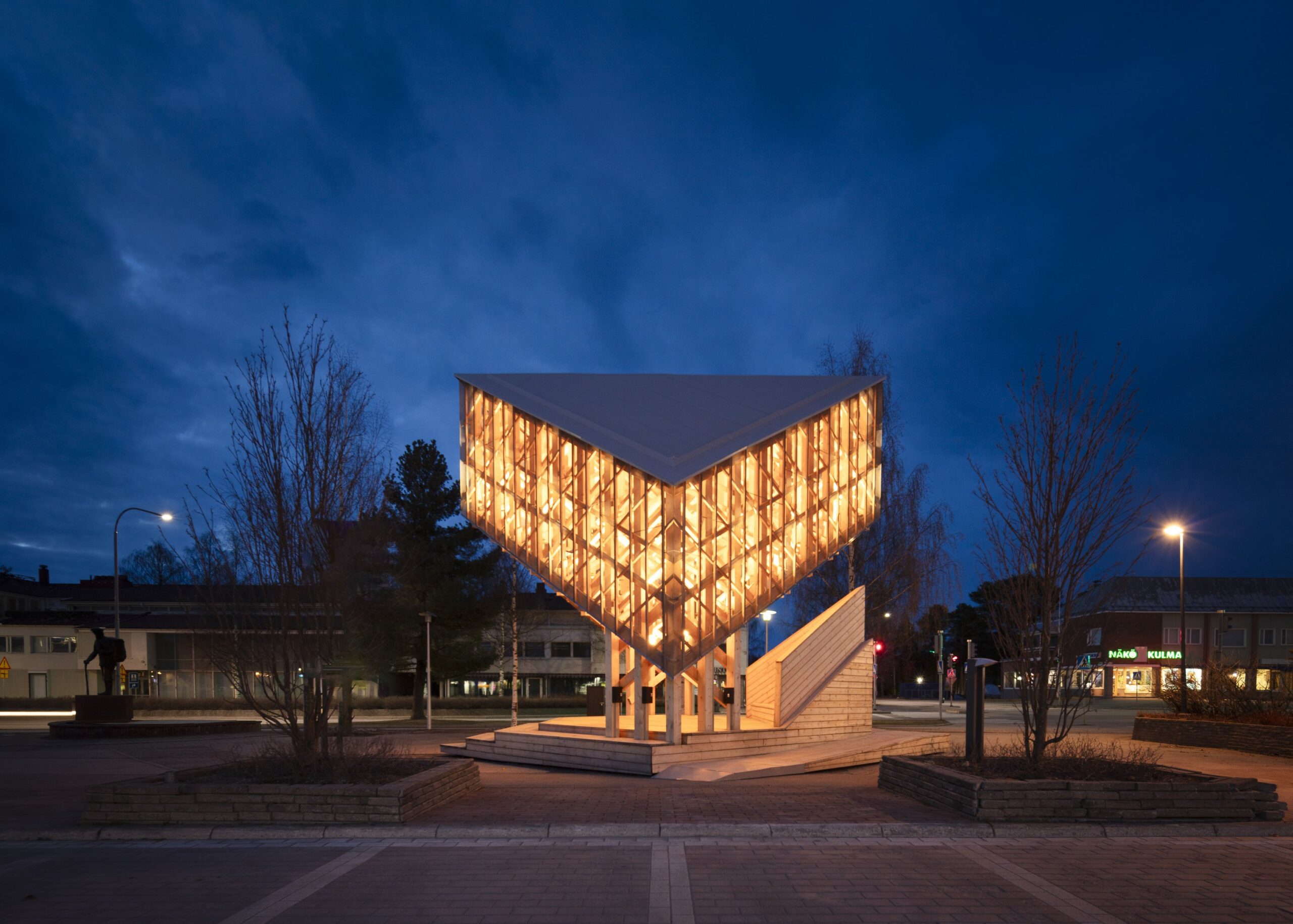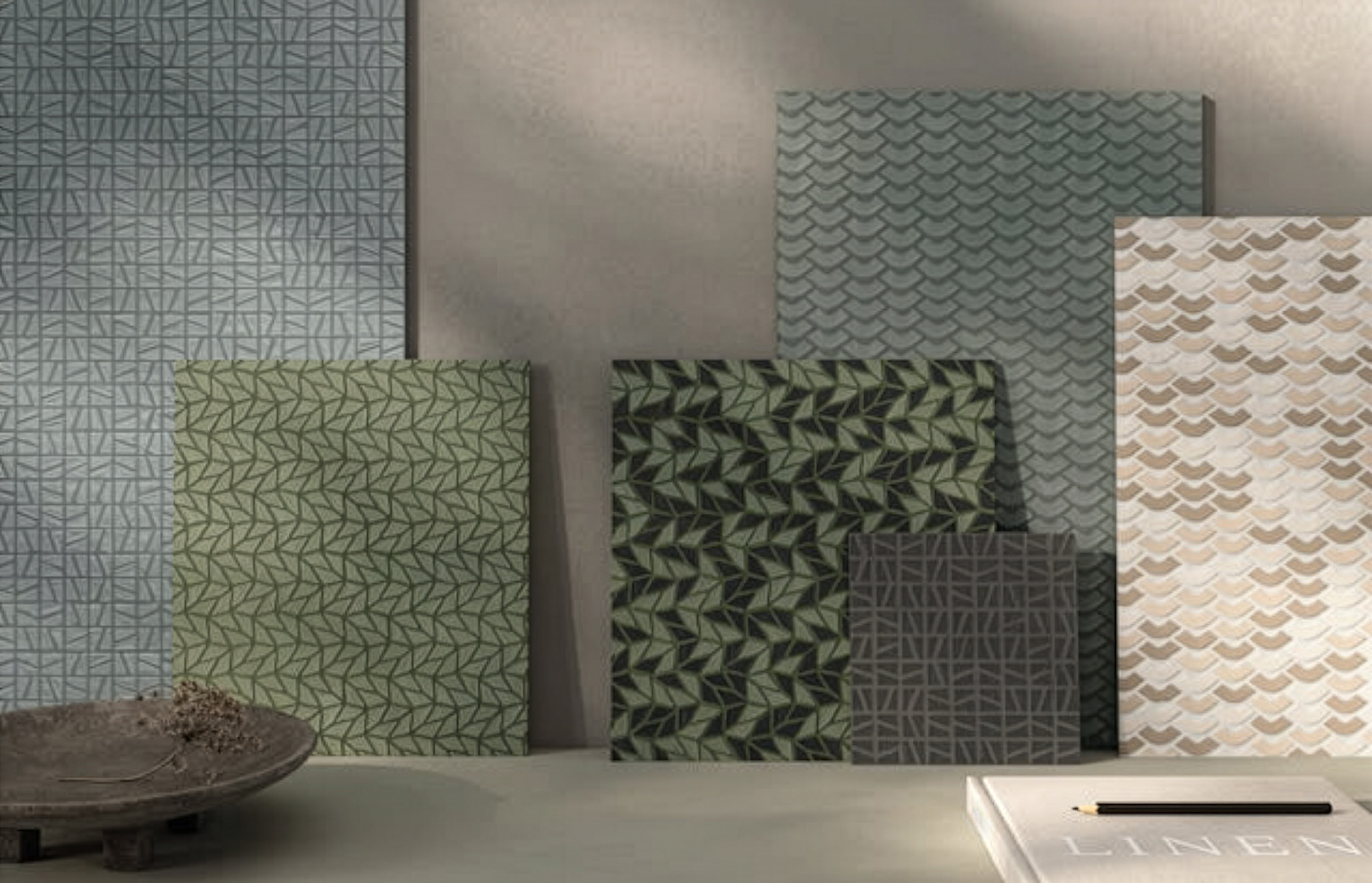Judge spares London office tower from demolition in right-to-light legal battle


A couple in London have been awarded £500,000 compensation over light being blocked from their apartment by a PLP Architecture-designed office tower – but a court refused their request for the offending building to be partially demolished.
In a landmark ruling issued on Tuesday, a High Court judge agreed that two homes in the CZWG-designed Bankside Lofts development face "a substantial adverse impact on the ordinary use and enjoyment of those flats" because of the nearby Arbor tower (pictured top).
But he refused to grant an injunction that would have required Arbor's developer to "cut back" up to half of the 19-storey building, completed in December 2022.
Partial demolition injunction "would be futile"
The case has been closely watched by the development industry, which had feared that a ruling in favour of the injunction could have had major implications for high-rise building in London.
Explaining his decision to deny the injunction, Justice Fancourt said that partially demolishing the building would be more complex and expensive than razing it entirely – and that the developer would be likely to gain planning permission for an equivalent-sized or even larger building in its place.
As a result, he argued, an injunction to demolish part of Arbor "would be futile".

"It would result in an unjustified waste of valuable resources, as well as a source of harm caused by a further long period of demolition and construction, harm to the economic interests of the area, and harm to employees of the tenants and the building staff, and to the public," he added.
The cost of demolition and rebuild was estimated at nearly £250 million, according to the judgement, with Justice Fancourt concluding that this would be "entirely disproportionate to the harm done to the claimants".
"If Arbor were demolished, or partly demolished, and not re-built, there would still be a significant waste of top quality office accommodation with strong sustainability credentials, contrary to local planning policies, with consequential environmental, economic and public harm," he said.
Leaseholders' damages claim "excessive"
Part of the judge's explanation for refusing the injunction revolved around the sustainability credentials of Arbor, which was described as "net zero".
"There is also a substantial and obvious public interest in valuable resources not being wasted, particularly where what has been built is of such environmental merit, and in avoiding the harmful environmental consequences of demolition," the ruling said.
The case was brought to the High Court in March by Jennifer and Stephen Powell, sixth-floor leaseholders at Bankside Lofts, and their upstairs neighbour Kevin Cooper.
They had claimed that Native Land had "deliberately proceeded with its development" despite knowing that it was probably infringing on their right to light, "taking the chance that it would be able to buy off the claimants and all those in an equivalent position".

According to the court judgement, Native Land had identified by August 2019 that there were 40 properties in total that might have a valid claim of infringement, with "modest" financial settlements subsequently reached for all owners except Cooper and the Powells.
Cooper, it was said, was particularly angered by advertising for the new development boasting of "exceptional levels of natural light", arguing that it "amounted to Native Land helping itself to his light and offering a modest payment while intending to sell it to others for a high price".
But the judge concluded that Native Land had not "acted unfairly, exploitatively or covertly".
Arbor is the first of eight towers set to be completed by Native Land as part of its vast Bankside Yards development. The developer will not be required to make any changes to the rest of the scheme following the court judgement.
The Powells and Cooper had initially been seeking damages of £9.41 million and £6.59 million respectively, with these figures dropping to not less than £3 million and £3.37 million by the end of the High Court trial.
Deciding that these amounts were "excessive", Justice Fancourt awarded the Powells £500,000 and Cooper £350,000 in lieu of granting an injunction.
He said these sums reflected what "would reasonably have been negotiated and agreed in 2019 to compensate the claimants for their rights of light".
"The flats remain useable"
The flats themselves are each worth around £1 million, with the judge calculating that the value of the Powells' apartment had taken a £60,000 hit because of the Arbor tower, and Cooper's £20,000.
"The damage is principally to the use and enjoyment of the flats, not to their exchange value; though the reduced use and enjoyment value may have some impact on the market value," the judgement said.
"Despite the loss of light, the flats remain useable, attractive and valuable, but less enjoyable in terms of their good light."
Cooper bought his Bankside Lofts flat in 2021 knowing about the imminent development of the Arbor tower. The Powells purchased their apartment – one of their four homes – in 2001.
The distinctive yellow Bankside Lofts was completed in 1998. It is right next to the RSHP-designed Neo Bankside development and the Tate Modern art museum, which themselves have been involved in a high-profile court battle.
In 2023, the Supreme Court overturned two previous judgements to rule that the Tate Modern's viewing platform invades the privacy of Neo Bankside residents.
The photo is by Shutterstock.
The post Judge spares London office tower from demolition in right-to-light legal battle appeared first on Dezeen.

















































